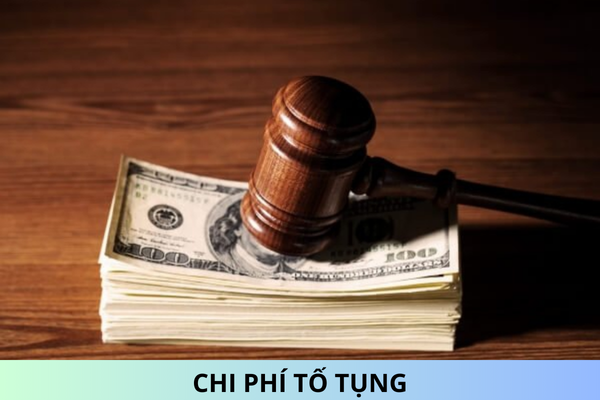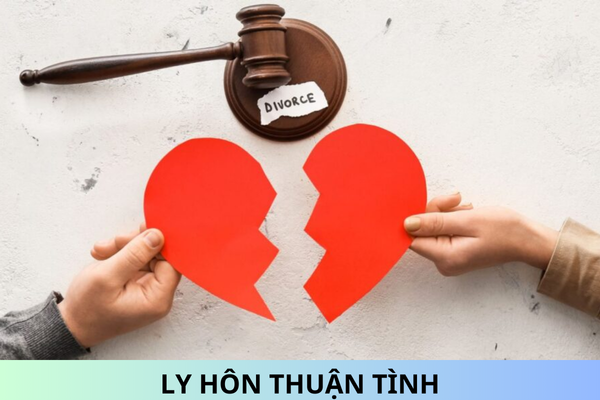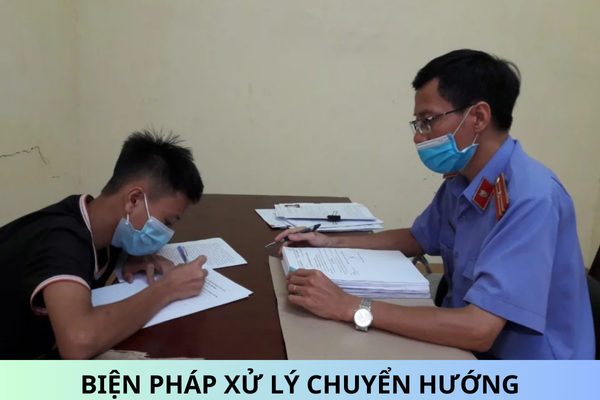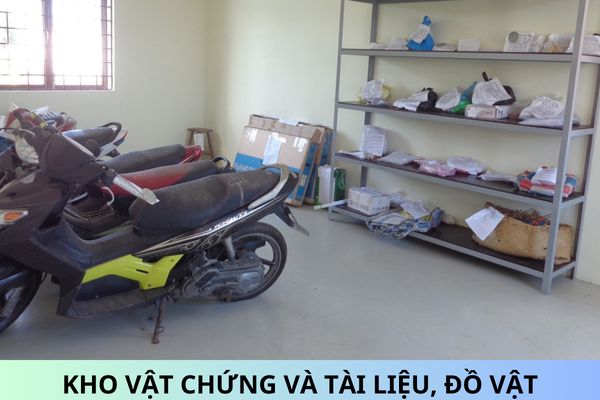Can enforcers distrain common land use rights to execute judgments of individuals in Vietnam?
If the co-owners disagree with the Court's decision, can the enforcer distrain the assets in Vietnam? If I have my house and land confiscated, can I get the remainder money in Vietnam? Can enforcers distrain common land use rights to execute judgments of individuals in Vietnam?
If the co-owners disagree with the Court's decision, can the enforcer distrain the assets in Vietnam?
Co-owners disagree with the Court's decision, can enforcers distrain assets? I am a judgment debtor with an amount of 100 million borrowed from Ms. Van (my own obligation), but my only property is the house shared with my wife. So when the executor distraints the house according to the court's decision to determine my share in this common property, if my wife does not agree with the division, can the enforcer be distrained?
Reply:
According to Clause 31, Article 1 of the 2014 Amended Civil Judgment Execution Law, the coercion for judgment enforcement for common property is as follows:
1. In case of failing to identify the proportion of asset ownership or land use rights of the judgment debtor in the common assets for judgment enforcement, the enforcer shall notify the judgment debtor and co-owners of assets or land use rights so that they reach an agreement on division of common assets or request the court to settle the case according to civil procedure.
Past 30 days after receiving the notification, if no agreement is reached by the parties or their agreement violates the provisions of Article 6 of this Law or they cannot reach an agreement or do not request the court to settle the case, the enforcer shall notify the judgment creditor of his/her right to request a court to identify the proportion of asset ownership or land use rights of the judgment debtor in the common assets according to civil procedure.
Past 15 days after receiving the notification, if the judgment creditor fails to request the court to settle the case, the enforcer shall request the court to identify the proportion of asset ownership or land use rights of the judgment debtor in the common assets according to civil procedure.
The enforcer shall handle assets according to the court’s decisions.
Thus, when the Court has divided and determined the portion of property ownership and land use rights of the judgment debtor in the common property, if you disagree, the enforcer will still enforce the decision regarding this division in Vietnam.

If I have my house and land confiscated, can I get the remainder money in Vietnam?
If my house and land are distrained, can I get the remainder money? I have 1.8 hectares of land and a house that is being distrained, while I owe 400 million to the bank, 200 million to Mr. Cong, will my assets be left over?
Reply:
According to the provisions of Clause 20, Article 1 of the 2014 Amended Civil Judgment Execution Law, it stipulates:
2. In case there are many judgment creditors under a judgment, sums of money collected from judgment enforcement shall be paid as follows:
a/ Payment shall be made in the order specified in Clause 1 of this Article. In case there are many judgment creditors at the same priority level, payment shall be made in proportion to sums of money enjoyable by these creditors;
b/ Sum of money collected under a coercive judgment enforcement decision shall be paid to those who are judgment creditors by the time of issuance of such decision. The remainder shall be paid to those who are judgment creditors under other judgment enforcement decisions by the time of payment;
c/ After making payment under Points a and b of this Clause, the remainder shall be returned to judgment debtors.
Thus, after distraint and sale of assets in Vietnam, the debt will be paid to the parties and related expenses deducted. The remaining amount is paid to the judgment debtor. Therefore, in case you are distrained for 1.8 hectares of land and house, after paying the debt to the parties, you will receive the remainder money from the distraint and sale.
Can enforcers distrain common land use rights to execute judgments of individuals in Vietnam?
Can enforcers distrain common land use rights to execute individual judgments? Hello, I want to ask that the judgment enforcement branch to enforce the court's judgment has distrained land use rights in Mr. A's name, is such distraint correct? Because the certificate is in the name of the household, it is not the property of the individual alone, the obligation to pay the debt is only him. Thank!
Reply:
According to Clause 31, Article 1 of the 2014 Amended Civil Judgment Execution Law:
1. In case of failing to identify the proportion of asset ownership or land use rights of the judgment debtor in the common assets for judgment enforcement, the enforcer shall notify the judgment debtor and co-owners of assets or land use rights so that they reach an agreement on division of common assets or request the court to settle the case according to civil procedure.
Past 30 days after receiving the notification, if no agreement is reached by the parties or their agreement violates the provisions of Article 6 of this Law or they cannot reach an agreement or do not request the court to settle the case, the enforcer shall notify the judgment creditor of his/her right to request a court to identify the proportion of asset ownership or land use rights of the judgment debtor in the common assets according to civil procedure.
Past 15 days after receiving the notification, if the judgment creditor fails to request the court to settle the case, the enforcer shall request the court to identify the proportion of asset ownership or land use rights of the judgment debtor in the common assets according to civil procedure.
The enforcer shall handle assets according to the court’s decisions.
2. Distrained assets under common ownership of which ownership proportions of co-owners have been identified shall be handled as follows:
a/ For dividable common assets, the enforcer shall apply coercive measures regarding the asset proportion owned by the judgment debtor;
b/ For undividable common assets or in case the division considerably reduces the asset value, the enforcer may apply coercive measures regarding all assets and pay to other co-owners the value of asset proportions under their ownership.
Thus, after a decision on settlement of separate ownership rights in the common property is issued, the enforcer may distrain that land use right (common property) for judgment enforcement and pay the remaining value of asset proportions under their ownership in Vietnam.
Best regards!










